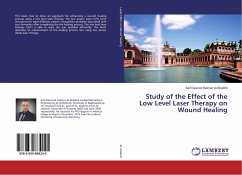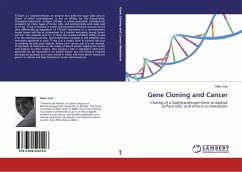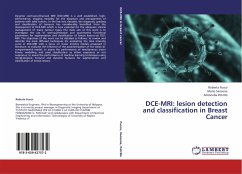The key of scientific success in every field nowadays depends on interdisciplinary design. Medical treatment is not an exception either; engineers and doctors have to work together to find more effective solutions in healing. In the clinical practice, there are general protocols for cancer therapies (such as chemotherapy, radiotherapy); however, these treatments have many side effects. That is the reason why a new dynamically-developing therapeutic group called Targeted Molecular Therapies (TMTs) has appeared, which fight specifically against different cancer mechanisms. Using physiological modeling and control, one can desig closed-loop control systems, hence the protocols could become model-based, which enables the automated treatment of cancer diseases by the personalized administration of TMT drugs. In this way, more effective solutions can be found in healing and offering individualized treatment for the patient. This approach is completely novel and may lead to a breakthrough in cancer therapies. Optimizing cancer treatments would improve efficiency, decrease treatment cost and minimize the side effects of cancer therapy (i.e. improves the patient's quality of life).








